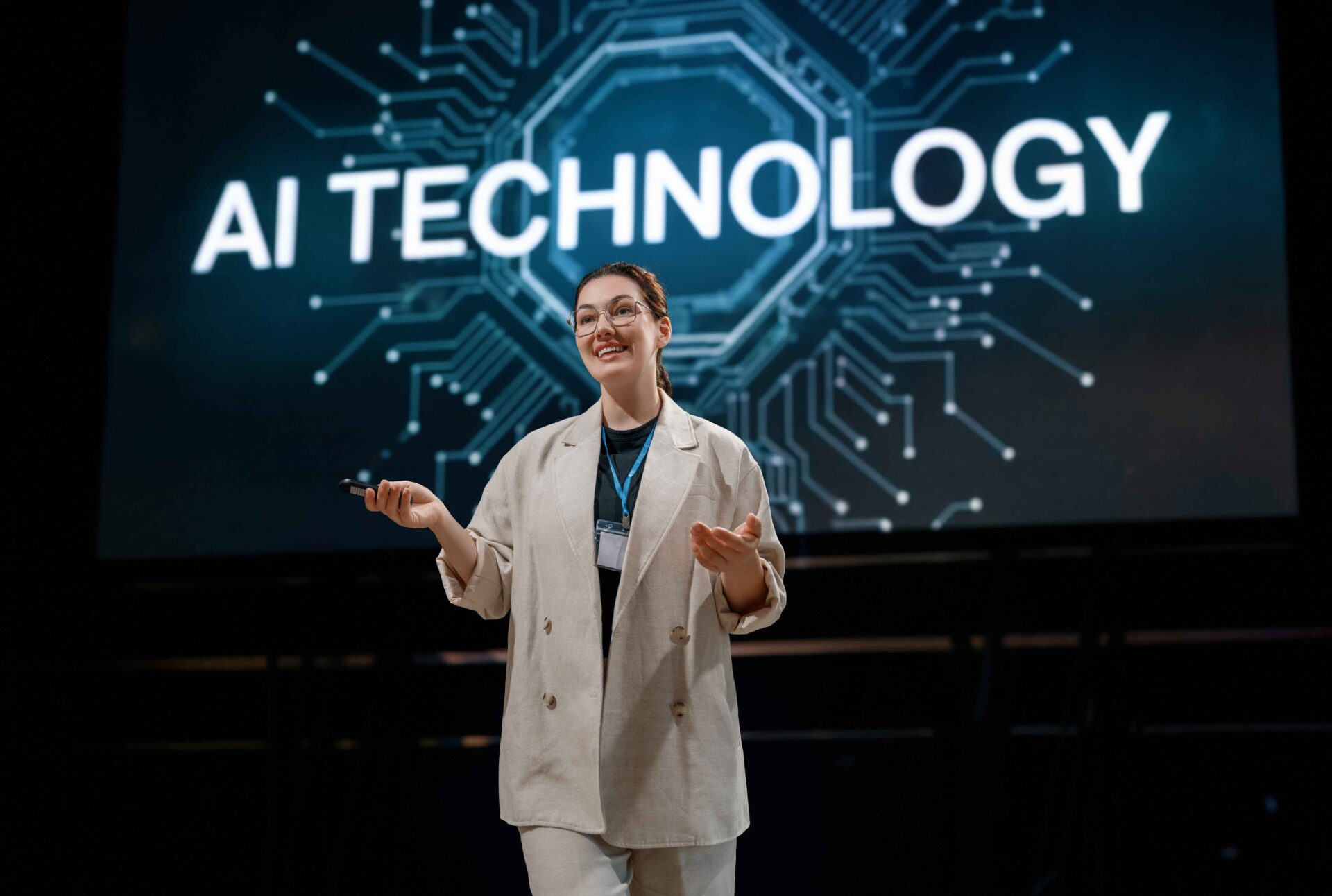Artificial intelligence has come a long way and is still evolving rapidly. The rapid development suggests that AI has the potential to revolutionize businesses and ordinary life. In this article we discuss five AI technologies that are on the horizon, examining their research, progress, their estimated time of release and above all possible impact The technology would automate processes, ease communication, allow logistics and facilitate simulations in chemistry among other great tools to broaden the horizons of computing.
01. AI-Powered Quantum Computing (2027-2028)
AI quantum computation targets issues that were not able to be solved by traditional computers such as optimization problems, drug discovery and cryptography, AI quantum computation uses Artificial Intelligence and Quantum Computing to try and meet those targets. Several large players such as IBM and Google and even smaller companies like Rigetti Computing are using quantum algorithms backed by AI for quicker analysis and processing of huge amounts of data. The progression in this area has been aided by the joint efforts of high technological companies and academic staff. The achievements of the technology in this area are very encouraging: Google announced quantum supremacy in 2019 and IBM introduced a quantum chip codenamed Eagle, which is believed to be powerful. Rapid progress is also being made in the field of the training of AI models that enhance quantum error correction – a key challenge in building practical quantum computers. The first AI-powered quantum computers should be on the market in 2027-2028. This strategy is enough to promote different sectors. It is possible to conduct accurate simulations in the field of chemistry, consider the optimization of logistics as well as create effective communication arrays which will broaden even more scope of calculations.
02. Autonomous AI for Space Exploration (2026)
NASA, ESA, and other space agencies are pursuing the development of AI that enables spacecraft to effectively explore the universe. AI models are designed to self explore the universe and gather data at the same time. Many factors compel challenges of technology which restrict the achievement of space exploration, all these factors are dealt during AI Training. AI has already been used in the Perseverance rover which has begun its function to traverse the hard regions of mars. Having thought those improvements many space agencies have expected new AI to be able to start exploring by 2026.This strategy is sufficient to reduce the human resources requirement thus enhancing the space travel and reducing hazards and making the chances of traveling to various planets and moons less of a challenge.
03. AI in Brain-Computer Interfaces (BCIs)
Brain-Computer Interfaces (BCIs) with artificial intelligence are envisioned to link human brains directly to machines. This would mean a person would only need to think about a command for a machine such as a computer to execute the task. Companies like Neuralink and researchers at Stanford University are working on deep learning algorithms that will allow neural signals to be translated with high accuracy. In this case, information collected from brain implants is used to train machine learning models for the specific task of interpreting complex patterns of brain activity. Indeed, this is the same organization that showed a clip of a monkey using its brain signal alone to play a video game while Neuralink also implanting electrodes in his head. Modern techniques have improved the quality of the signal while making the implanted prosthesis less invasive. Perhaps even earlier Relaxem BCIs could be available to the masses by 2025. Even more impressive is the degree to which BCIs can change the medical sector as they can allow the paralyzed to communicate, enable more precise control over a prosthesis for better use, or new ways of using computer systems.
04. AI-Powered Climate Prediction Systems
Artificial intelligence is used in deriving models that predict climate changes that may result in extreme weather, how to use the resources available more efficiently and even formulate climate policies. These AI models are trained on past climatic events, satellite pictures of regions and measurements from sensors.
Network of meteorology like The World Meteorological Organization and technology giants such as Google have started using neural networks with the goal of enhancing the accuracy of forecasts. Not long ago, Google’s DeepMind rolled out a machine learning model that predicts the chances of rainfall with as high as 90% accuracy, within 6 hours. Efforts are being made to develop large-scale systems which could simulate the climate of the entire globe with AI global climate models which are expected to go live on the years 2025-2026. Able to make climate predictions that are accurate proves to be very effective in reducing climate change by enabling improved disaster preparedness, resource management and better policy making process.
05. AI-Driven Personalized Medicine
In personalized medicine, AI is more likely to be used in the diagnosis through molecular information, lifestyle patterns, and medical history of the patients. AI-based systems look into genomic data and clinical information to identify the best possible strategies for treating patients. This research is being led by IBM Watson Health and other big pharma firms alongside genomic research institutions. AI has been able to show cancer and diabetes markers allowing for designing of therapies aimed directly at them.
Additionally, the development of NLP (natural language processing) speeds up the processing of large volumes of medical data. The year 2026 is viewed as being the year where the widespread use of AI powered tailored made medicine will significantly increase. This technology has a great potential in enhancing healthcare delivery, reducing the cost of treatment, and spearheading a new world of medicine which suits each person according to his or her needs.
The AI technologies described above are game changers and can change the course of industries, extend the scope of what’s possible and boost the solution of world problems. These, and many other innovations, from quantum computing to personalized medicine, will increase efficiency, safety and health in our lives. Some of these innovations may be decades away, but their existence underscores the tremendous power of AI to change the world. But one important question remains: how prepared are we for that future?

